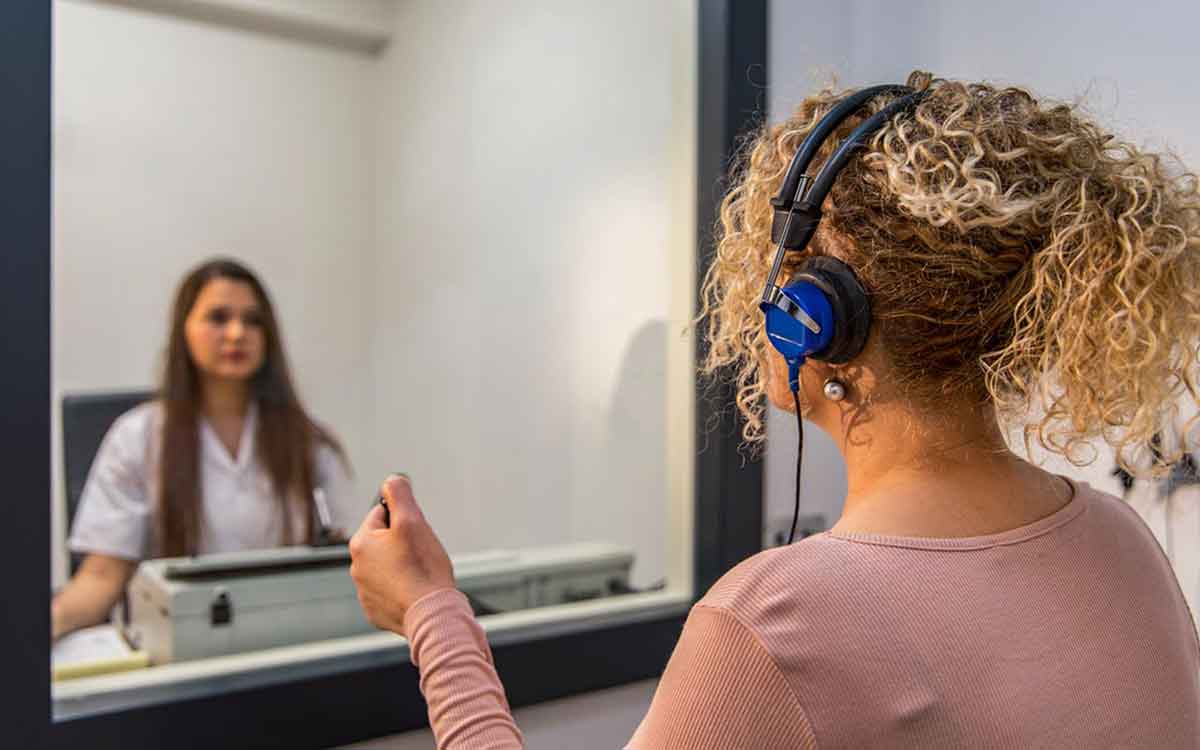The Hidden Dangers of Hearing Impairment for Emergency Responders
For emergency responders, their sense of hearing is essential. From EMTs
Celebrating 18 Years – We are proud to sponsor a Donation Drive for
Speranza Animal Rescue, click here!

Hearing loss is commonly viewed as a condition affecting just your ears. However, studies reveal that untreated hearing loss can significantly affect your mobility, suggesting that poor hearing could make simple tasks, like standing up from the couch, more challenging. How does your hearing pertain to your ability to move?
In this article, we’ll explore how neglected hearing loss impacts mobility, how it can affect your total health, and why taking actions to address it is crucial for maintaining both your hearing and your movement.
It’s typical to think of the body as a group of isolated systems– ears and feet are separate entities, cared for by different specialists. In truth, our bodies are intricate systems where various parts are deeply linked, and issues in one location can have a ripple effect, impacting other areas in surprising and unforeseen ways. Because of this, scientists began examining the connection between hearing impairment and mobility, particularly in terms of overall physical abilities and activity.
Scientists found that individuals who did not receive treatment for their hearing loss faced greater obstacles with moving around, according to a study that observed more than 2,000 individuals. It uncovered problems with maintaining equilibrium, mobility, and carrying out normal tasks. Researchers are still trying to comprehend the governing causes of this link, and a range of theories have been put forward to explain it:
In spite of these theories, it’s important to keep in mind that scientists are still working to determine the exact cause-and-effect connection between hearing loss and mobility. However, it’s clear that the two conditions often go hand in hand.
Failing to manage hearing loss can have significant consequences that go beyond hearing loss. Some of the considerable health effects connected to hearing loss include:
These interconnected effects highlight the significance of dealing with hearing loss early. Failing to address hearing loss can result in a series of health issues that affect both mental and physical health.
The bright side is that addressing hearing loss can have a beneficial effect on total well-being, including mobility. A lot of individuals find relief by seeking advice from a hearing professional and investing in custom-fitted hearing aids. By improving auditory clarity, these devices can have a far-reaching impact on overall well-being, cultivating greater mental stimulation, alleviating the feeling of loneliness, and potentially even minimizing the progression of associated health issues.
Although there are no direct studies linking hearing aids to increased mobility, it’s reasonable to assume that when individuals engage socially and remain mentally active, they are also more likely to maintain or improve their physical mobility. Moving more often, whether through exercise or simply being active in social settings, can help preserve joint function and minimize the risk of immobility.
Beyond hearing aids, prevention is vital. Safeguarding your hearing from noisy settings and using ear protection in loud places can help avoid further damage. It is essential to have regular hearing exams to detect any hearing loss at an early stage, specifically as you age. Preventing or addressing hearing loss in its early stages can mitigate the effect it has on your physical and mental health.
The link between neglected hearing loss and reduced mobility is clear, and it underscores the significance of taking proactive steps to preserve your hearing health. By using hearing aids and getting regular screenings to address hearing loss, you can maintain not just your hearing capability but also your physical mobility and general well-being.
Don’t wait to take action if you or somebody close to you is experiencing hearing troubles. Seek help from a hearing professional near you today to improve your hearing, mobility, and health.

For emergency responders, their sense of hearing is essential. From EMTs

As we anticipate the future of hearing aid technology, the advancements on

At what point should you consider having your hearing evaluated? Here are